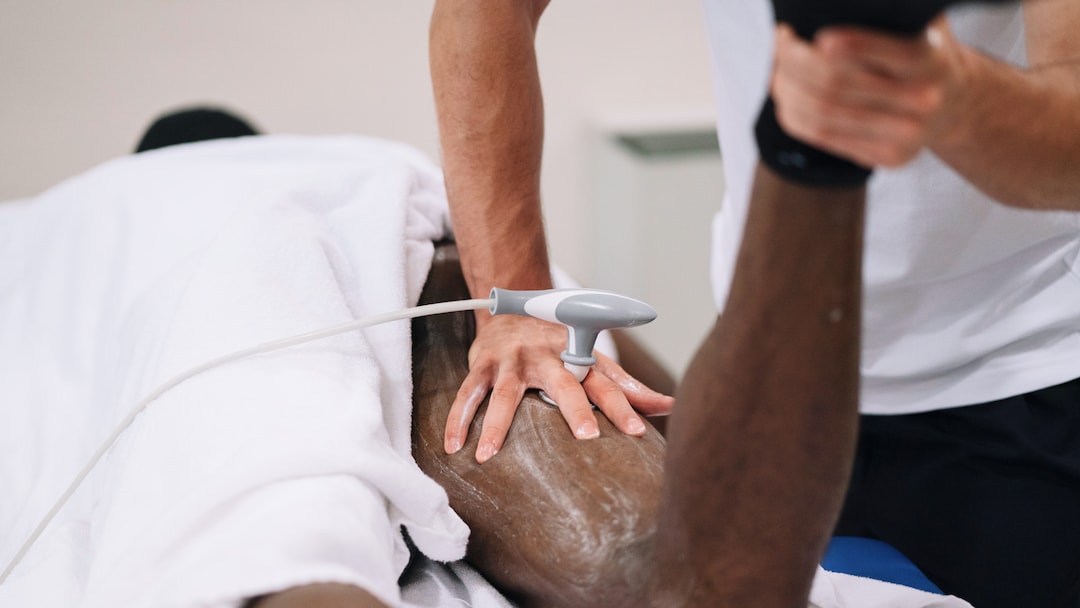11 tips to make the most out of your college job fair

One of the many reasons people attend college is to graduate and hopefully attain a rewarding job. Colleges tend to offer many opportunities to their students to realize this goal, and one of them may be job fairs in which a range of companies come to college campuses to promote their work and employment opportunities (this can happen via virtual events, too).
If you’re attending a campus job fair, you probably have a slew of questions about what you should do before the job fair to prepare to make the most of it.
If you’re graduating college soon or pursuing internship opportunities, here are a few tips to make the most out of your college job fair to set yourself up for success.
1. Do your research
Before attending the job fair, determine which companies will be attending so you can prioritize who you want to talk to. If the information isn’t readily available, contact your college’s career office for more details.
Researching the companies you’d like to talk to beforehand can also be a good idea. This extra step may help show your interest and allow you to have more meaningful conversations with recruiters or campus representatives.
2. Practice your “elevator pitch”
If you’ve not heard of this term before, an elevator pitch is a concise summary you can deliver about yourself while chatting with employers (or anyone). The “elevator pitch” was coined as such because it should be brief enough to deliver successfully during an elevator ride.
Elevator pitches can be particularly helpful to have fully formed for campus job fairs because you won’t have much time to make an impression when talking with prospective employers. You can even consider tailoring your pitch to different prospective employers.
Some things you can include in your pitch:
- Your major and field of study
- Skills and certifications that are relevant to the jobs and companies you’re interested in
- Any relevant experience you may have
- Professional goals
An example of an elevator pitch:
“I’m Samantha, and I’m a senior at NYU. I’m studying marketing, and last summer, I interned at a magazine publisher, where I worked with the strategy team to help drive engagement and sales. As I’m graduating this summer, I'm looking for a full-time role in marketing strategy.”
3. Determine what your goal is for attending the college job fair
Maybe you’re a junior in college, and you’re looking to explore internship opportunities. Or perhaps you’re a senior actively looking for a full-time job after graduation. Maybe you just want to attend a job fair to see what opportunities exist in the job market in the field you’re interested in when you’re ready to start your search.
Not everyone’s goals for attending a job fair are the same. Determining what you hope to accomplish at the career fair can help set you up for success and help you put a game plan for the fair in motion.
4. Update your resume
It’s important to go into a job fair with a resume that’s up to date. Tailor your resume to highlight relevant skills and experiences that align with the companies and positions you’re most interested in pursuing. You might even want to consider having several versions of your resume to hand out, depending on who you’re talking with.
5. Come up with questions to ask employers
Asking questions can help you engage with recruiters at the job fair (not to mention you might have questions)!
It doesn’t hurt to come to a job fair with a prepared list of questions. Consider tailoring specific questions to the companies you plan to target at the job fair. Here are some potential questions to ask:
- How long have you worked at your company?
- What’s your favorite thing about working at your company?
- What kind of qualifications is your company looking for in an employee?
- Does your company have a GPA cut-off in the recruiting process?
- Does your company have a training process, and if so, what does it look like?
6. Plan your outfit – comfort is key!
When preparing your outfit for an in-person career fair, think business casual. Although it's important to dress professionally, you also want to keep comfort in mind, as you'll be on your feet — so plan to wear comfortable shoes. Check your coat in at the door or leave it behind as you want to try to be hands-free so you can shake hands and make connections.
7. Come prepared with these items
You don’t need to bring much to a career fair, but you also don’t want to be unprepared. Consider packing the following beforehand:
- A notebook and pens to take notes (or plan to use a digital notepad)
- At least 20 copies of your resume if you plan to share your resume with recruiters
- A plain folder for your resumes and any materials you receive from the career fair
8. Take notes to help you with follow-ups after the career fair
You’ll likely gather a lot of information from career fairs and remembering it all can be difficult. That’s where taking notes can be helpful. Once you leave an employer's booth, write down any information relevant to the company or role that will help you apply or follow up after the event.
9. Give yourself enough time to navigate the career fair
You don’t want to be in a rush at a career fair, so give yourself enough time to visit all the employers you plan to target. Once you arrive, it doesn’t hurt to canvas the fair so you can get a quick sense of where all the employers are and better navigate which ones you should visit first.
10. Send follow-up notes
Try to obtain business cards for the recruiters you speak with and are interested in following up with after the career fair. Send follow-up emails within a week of the career fair to try to establish connections with recruiters after the fair. Consider attaching a copy of your resume with your letter.
11. Apply to open jobs or internships
If you’re interested in a specific job or internship and received additional clarification about the role and company at the career fair, consider quickly applying for the position and sending a follow-up note to the recruiter or an employee you met alerting them that you’ve applied. If you don’t feel ready to apply to a specific job or internship quite yet, set a reminder for yourself to apply before the deadline if there’s one.
Final thoughts
A campus career fair is an avenue to explore careers, connect with companies, and learn about potential internships and job opportunities. While a campus career fair may seem overwhelming, consider it a potentially helpful tool as you set out to build a career during and after college.



